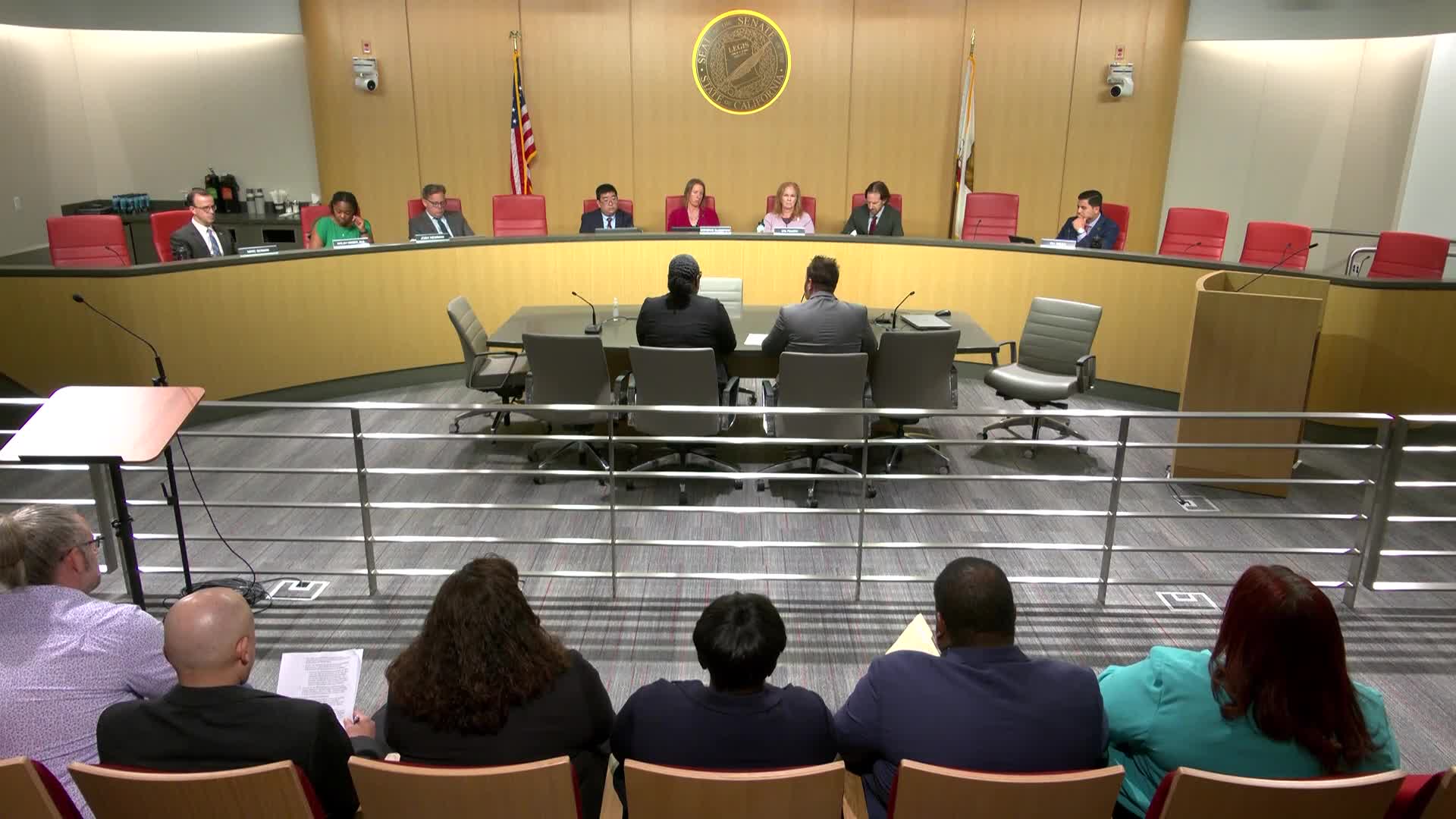Election Misinformation Persists Despite Digital Advances
June 04, 2024 | California State Assembly, House, Legislative, California

This article was created by AI summarizing key points discussed. AI makes mistakes, so for full details and context, please refer to the video of the full meeting. Please report any errors so we can fix them. Report an error »

During a recent government meeting, officials addressed the persistent issue of election misinformation, emphasizing its historical roots and contemporary implications. The discussion highlighted that misinformation is not a new phenomenon; it has been part of the electoral landscape for as long as elections have existed.
Examples cited included longstanding tactics such as misleading voters about election dates—claiming, for instance, that voting occurs on a day other than the designated Tuesday. Other forms of misinformation mentioned involved false claims about legal repercussions for voters, such as threats of arrest for those with outstanding debts, and misleading text messages urging voters to cast their ballots via text.
The meeting underscored the dual nature of social media, which, while connecting people, has also facilitated the rapid spread of false narratives regarding election technology. Officials expressed concern over the ongoing dissemination of inaccurate information at the national level, which poses significant challenges to the integrity of the electoral process. The conversation reflects a growing recognition of the need for vigilance and proactive measures to combat misinformation in future elections.
Examples cited included longstanding tactics such as misleading voters about election dates—claiming, for instance, that voting occurs on a day other than the designated Tuesday. Other forms of misinformation mentioned involved false claims about legal repercussions for voters, such as threats of arrest for those with outstanding debts, and misleading text messages urging voters to cast their ballots via text.
The meeting underscored the dual nature of social media, which, while connecting people, has also facilitated the rapid spread of false narratives regarding election technology. Officials expressed concern over the ongoing dissemination of inaccurate information at the national level, which poses significant challenges to the integrity of the electoral process. The conversation reflects a growing recognition of the need for vigilance and proactive measures to combat misinformation in future elections.
View full meeting
This article is based on a recent meeting—watch the full video and explore the complete transcript for deeper insights into the discussion.
View full meeting
